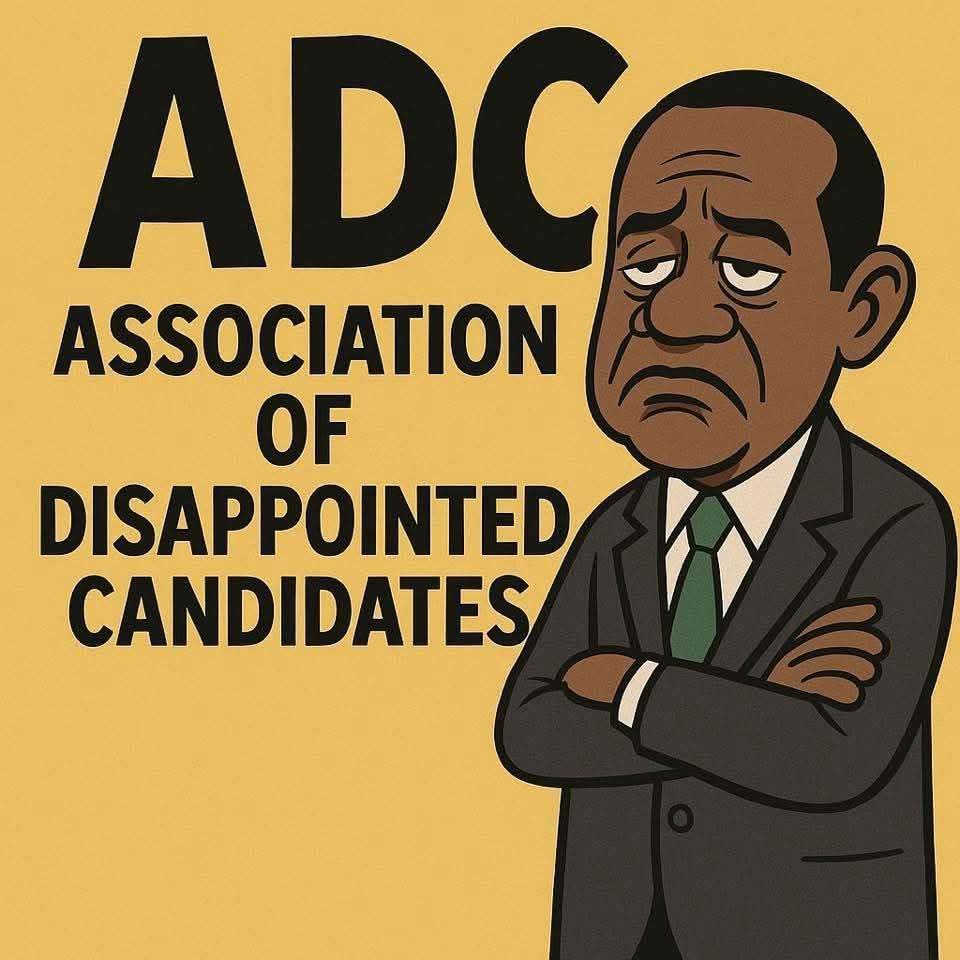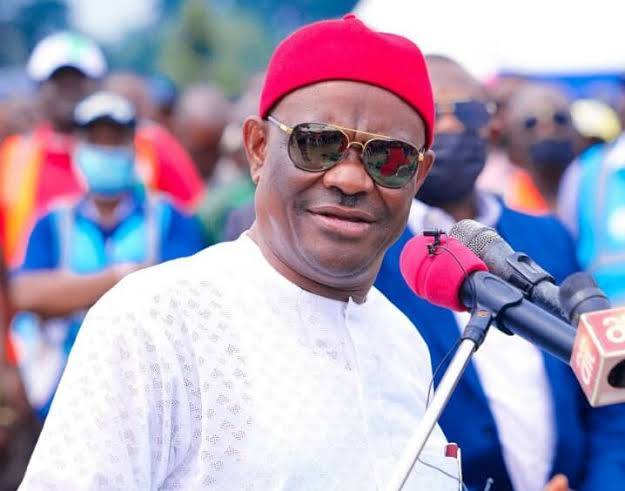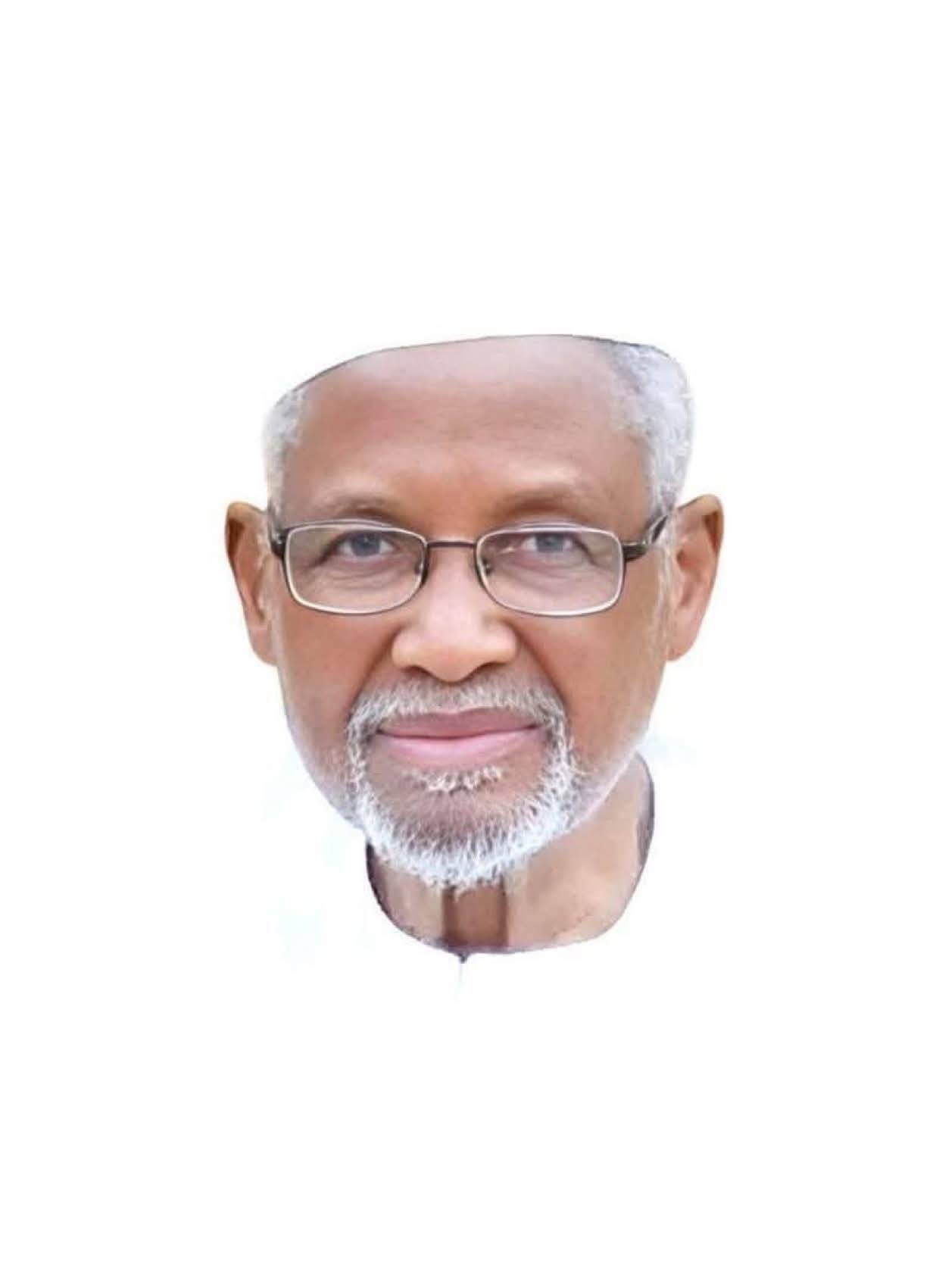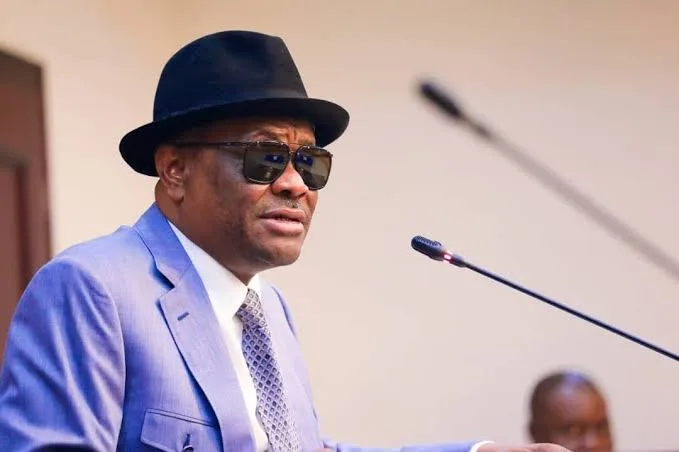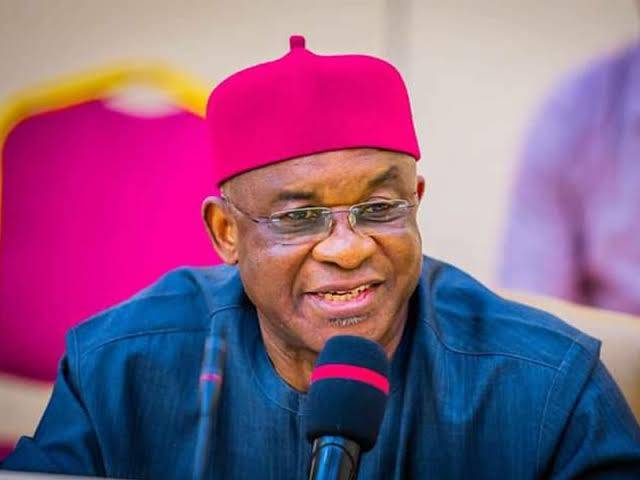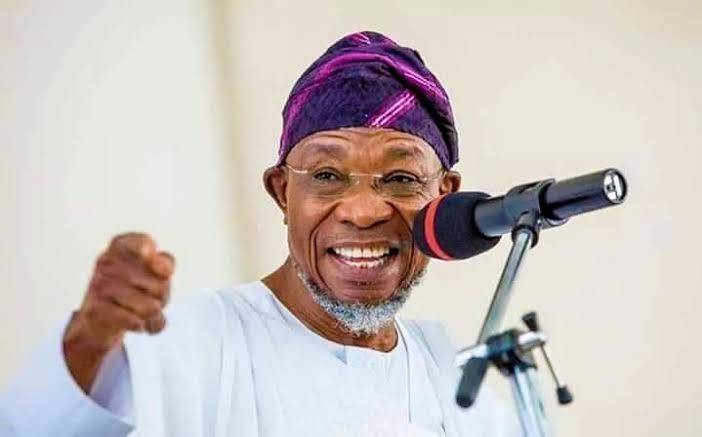A ceasefire has been agreed to end 13 months of fighting between Israel and Hezbollah in Lebanon, US President Joe Biden has announced.
“Effective at 04:00 tomorrow local time (02:00 GMT on Wednesday), the fighting across the Lebanese-Israeli border will end,” Biden said, adding that it aimed to be a “permanent cessation of hostilities”.
Israel’s Prime Minister Benjamin Netanyahu said Israel will not hesitate to strike if Hezbollah breaks any part of the agreed deal.
There has been no response from the Iran-backed armed group which had been trading fire with Israel since October 2023. Fighting escalated in late September when Israel intensified bombardments and launched a limited ground invasion.
Netanyahu says Israel-Hezbollah ceasefire deal agreed
It has been Lebanon’s deadliest conflict in decades, killing more than 3,823 people say local officials.
The ceasefire started overnight on Wednesday as planned.
Attacks by both sides were recorded until shortly before the deal came into effect.
Israel issued evacuation orders for parts of Beirut four hours before the ceasefire deadline, striking shortly before the deadline. Hezbollah also fired drones into Israel in the hours before fighting stopped.
Under the deal announced on Tuesday and brokered by the US, there will be a 60-day period during which Israel will gradually withdraw its troops from Lebanon’s south as Lebanese government forces regain control of an area currently held by Hezbollah.
It is expected that Hezbollah fighters and weapons will be removed from the area south of the Litani River, a boundary established at the end of the last Israel-Hezbollah war in 2006.
“This announcement will create the conditions to restore lasting calm and allow residents in both countries to return safely to their homes,” said a joint statement from the US and France – which will be involved in monitoring the implementation of the deal.
Israel has claimed the right to respond with military action if Hezbollah breaches the ceasefire. President Biden has echoed this saying Israel “retains the right to self defence consistent with international law”.
“If Hezbollah violates the agreement and tries to arm itself, we will attack. If it tries to rebuild terrorist infrastructure near the border, we will attack,” Netanyahu said.
Netanyahu also said ending the fighting against Hezbollah in Lebanon, Israel’s northern neighbour, would allow the Israel Defense Forces (IDF) to focus on “the Iranian threat”.
Hezbollah in Lebanon had long been seen as Iran’s first line of defence. But with much of the group’s missile arsenal now destroyed, the military balance between Iran and Israel appears to have tilted in Israel’s favour.
Israel and Hezbollah had long been enemies but the past 13 months of fighting were triggered by the war in the Gaza Strip.
Hezbollah started firing rockets into Israel a day after its Gaza ally Hamas carried out a wide-ranging attack on southern Israel on 7 October 2023, which killed about 1,200 people.
Netanyahu said ending the fighting in Lebanon would also isolate and increase pressure on Hamas.
“From day two of the war, Hamas was counting on Hezbollah to fight by its side. With Hezbollah out of the picture, Hamas is left on its own,” Netanyahu said.
He said ending fighting in Lebanon would also give the IDF space to resupply weapons, munitions and troops.
Israeli commentators had noted that the country’s military was not ready nor equipped to fight two wars on two fronts over an extended period of time.
Ending the conflict in Lebanon thus could also free up more Israeli forces to serve in Gaza, a conflict which shows no sign of ending.
At the White House on Tuesday, Biden was asked about a ceasefire in Gaza and said his government was working with other negotiators Turkey, Egypt and Qatar to “make another push” on a deal.
The US, Israel’s key backer, had led the charge with France in negotiating the deal in Lebanon.
France, which administered Lebanon for more than 20 years in the last century, is also a long-term ally and is expected to be involved through the monitoring of the truce. Biden confirmed that no US troops would be deployed to managing the ceasefire.
The war has been devastating for Lebanon, where, in addition to the 3,823 people killed and 15,859 injured, one million residents have been displaced in areas where Hezbollah holds sway.
Lebanon’s Prime Minister Najib Mikati welcomed the ceasefire deal, calling it a “fundamental step towards restoring calm and stability” in the country and allowing citizens to return home.
But he also demanded that Israel “fully comply” with the deal, withdraw from the sites it currently occupies and to respect the UN resolution previously set at the end of the last Hezbollah-Israel war in 2006.
Israel went on the offensive against Hezbollah – which is proscribed as a terrorist organisation by Israel and many Western countries – after almost a year of cross-border fighting sparked by the war in Gaza.
It has said it wants to ensure the safe return of about 60,000 residents of northern Israeli areas displaced by rocket attacks, which Hezbollah launched in support of Palestinians.
Hezbollah attacks on Israel and the occupied Golan Heights have killed at least 75 people, more than half of them civilians, while more than 50 soldiers have been killed in combat in southern Lebanon, according to Israeli authorities.
The World Bank estimates $8.5bn (£6.8bn) in economic losses and damage in Lebanon. Recovery will take time, and it is unknown how this will be funded.
Hezbollah, too, has been devastated. Many of its leaders have been killed, including long-time chief Hassan Nasrallah, in an IDF strike on Beirut on 27 September. A week later Israel also killed his presumed successor, Hashem Safieddine, in another strike.
With much of its infrastructure also damaged, how Hezbollah will look after the war remains unclear. The group has been severely weakened but it has not been destroyed.
In Lebanon, it is also more than a militia: it is a political party with representation in parliament, and a social organisation, with significant support among Shia Muslims.
Hezbollah’s opponents could see it as an opportunity to limit its influence – it was often described as “a state within a state” in Lebanon before the conflict – and many fear this could lead to internal violence.
Since intensifying the fighting in September, Israel has carried out hundreds of daily strikes in Lebanon, targeting what it said were Hezbollah areas in the south, east and in the capital Beirut.
As reports emerged that Netanyahu was discussing a ceasefire deal with his cabinet on Tuesday, the IDF continued its strikes – targeting Beirut with strikes that killed at least 10 people.
BBC



